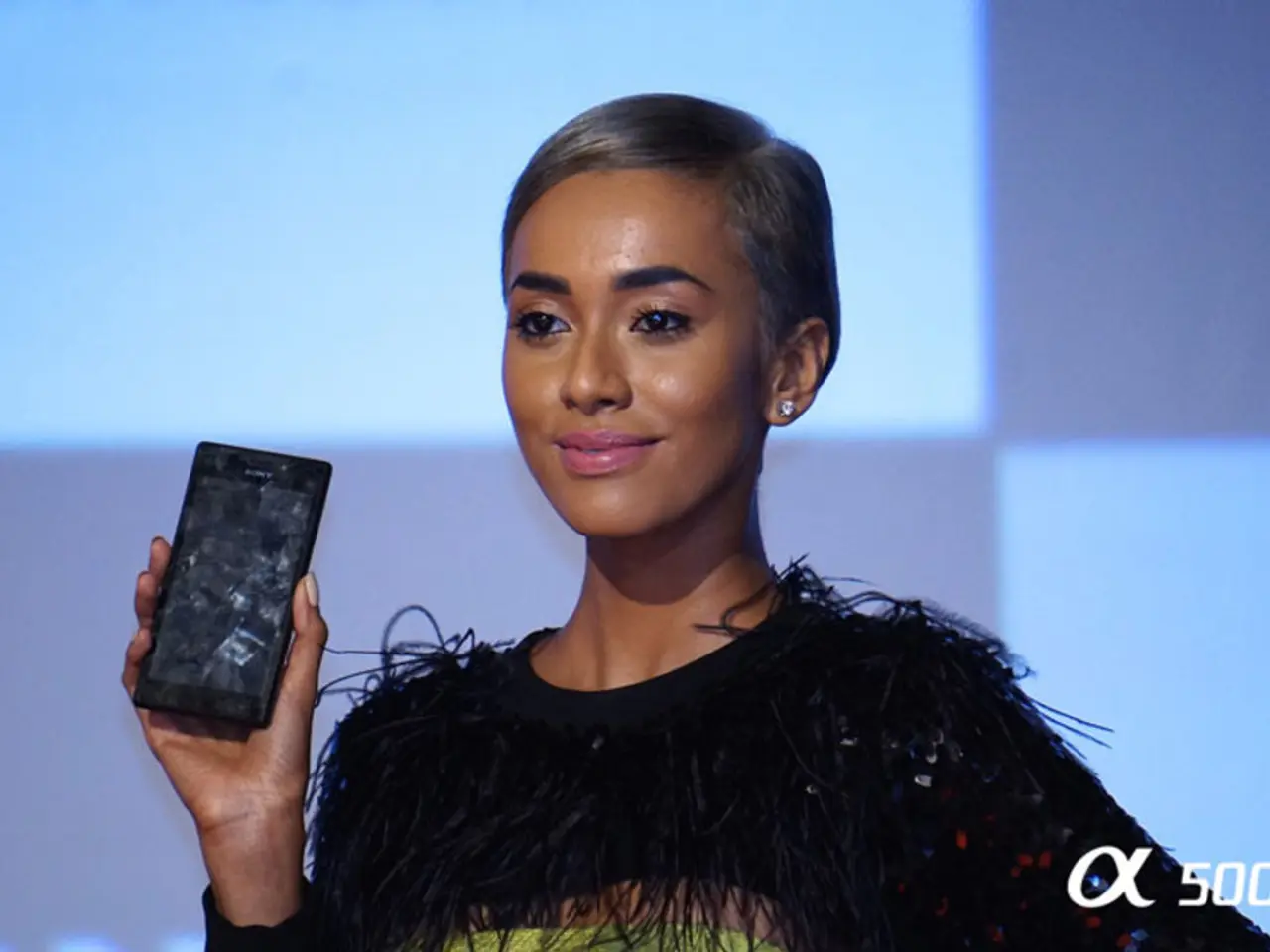Actor from Bridgerton Battles Agoraphobia After Traumatic Mobile Theft Incident
In the wake of violent crime incidents in London, individuals coping with trauma and agoraphobia now have access to a range of specialized support resources. These organizations offer free, confidential, and tailored assistance to help victims rebuild their lives.
One such resource is Victim Support, an independent UK charity that provides advice and emotional support for victims of crime and traumatic incidents. They can be contacted via phone, live chat, or their app, My Support Space. Victim Support aims to help victims cope and rebuild their lives, offering support to children and young people affected by crime as well [1].
Restitute is another valuable resource, offering personalized support specifically for people caring for survivors of sexual or violent crime. They provide a safe, confidential space for emotional support, benefiting not only direct victims but also family members and close friends [3].
Hope After Harm focuses on sexual violence, abuse, domestic abuse, and trauma recovery. They offer confidential safe spaces and support programmes for victim-survivors and their families. Additionally, they provide mentoring for young people at risk and practical tools like the Bright Sky app for domestic abuse support [5].
The London Borough of Tower Hamlets offers specific domestic abuse support services, including security assistance, housing help, and advocacy through Independent Domestic Violence Advocates (IDVAs) who provide safety advice and ongoing emotional support [2].
These organizations combine to offer emotional support, practical help, safety planning, advocacy, and tailored programmes to address the complex needs of individuals facing trauma and agoraphobia after violent crimes in London. Victims can contact them via free helplines, online forms, apps, or live chat for confidential assistance [1][2][3][5].
A poignant example of the impact of violent crime on an individual's life is actress Genevieve Chenneour from Bridgerton. After a violent phone theft incident in London, Chenneour became severely agoraphobic. The ongoing struggles she faces underscore the lasting impact of violent crime on individuals' mental health and everyday lives [4].
Chenneour expressed disappointment with the Metropolitan Police's failure to provide adequate aftercare following the assault. The incident prompted her to leave London and move back in with her mother. Despite her challenges, Chenneour continues to navigate her path to recovery [4].
The Metropolitan Police is actively pursuing criminal gangs involved in robbery and phone theft, having increased their patrols in areas known for such crimes [6]. The police's efforts are a testament to their commitment to ensuring the safety of London's residents.
Sources:
- Victim Support
- London Borough of Tower Hamlets
- Restitute
- Chenneour's Interview with The Guardian
- Hope After Harm
- Metropolitan Police Statement
- In the realm of entertainment, celebrities like Genevieve Chenneour from 'Bridgerton' have drawn attention to the mental health impacts of violent crimes, emphasizing the lasting effects on individuals' lives.
- Beyond crime-and-justice and health-and-wellness, various organizations like 'Victim Support', 'Restitute', and 'Hope After Harm' address the mental health needs of individuals traumatized by violent crime, providing emotional support and safe spaces for recovery.
- General news outlets, such as The Guardian, cover stories of people like Chenneour, shedding light on the inadequacies in aftercare provided by law enforcement agencies and the ongoing struggles faced by victims in the journey towards mental health recovery.




